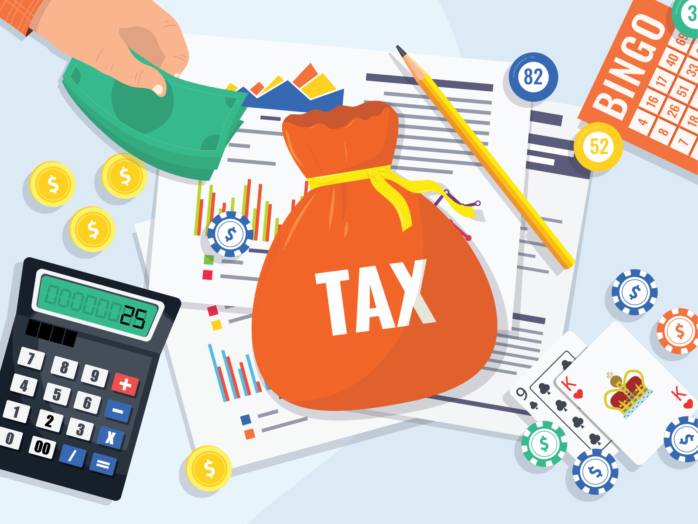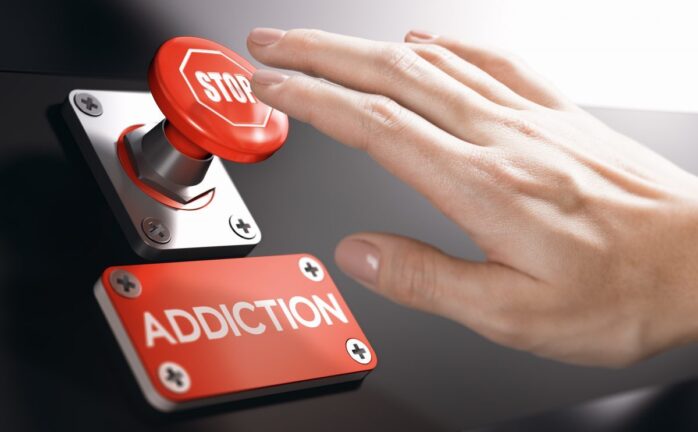In Spain, as in many countries around the world, online casinos are legal, under certain legal regulations. Generally, betting, poker, card games, lottery, bingo, etc are allowed, but a license is required to operate. When it comes to Spain, the Gambling Act of 2011 allows online casinos to be regulated and legalized nationwide. However, each autonomous community may further regulate the laws provided for in that Act.
In fact, gambling has been legal in Spain since 1977, when the first regulation law was passed. Over the years, until today, these laws and regulations have changed and adapted to the needs. Before 2011, Spaniards gambled through sites that were illegal under the law. There have been many unlicensed operators, but we all know that this is a really big risk.
For more information about the best online casinos licensed to operate in Spain, you will have to do your research, and see which ones work under the regulations.
The Spanish regulatory body defines the rights and obligations of every organizer of games of chance. With each license, there is an obligation for the casino to meet certain financial requirements and standards for player safety. Those who do not work in accordance with the law can be punished with really high fines.
Is there a casino payout tax?

The tax liabilities of each player are different, depending on the region in which it is located. But the general obligation of all is that they must declare the profits in order to be able to pay taxes. Interestingly, according to the Spanish tax system, online casino winnings are taxed at 25% of total winnings, while land-based casinos are taxed at 20% of total winnings. However, many Spaniards hope that in the coming years there will be a single system and equal taxation of gambling winnings.
What does the Spanish Gambling Act involve?
This Act clarifies what gambling is, but also what are the legal obligations that people have if they are part of this industry. The law also defines the winnings as the jackpot or grand prize, so that it can be known under which regulations they belong.
As we have said, in Spain all gambling activities are subject to appropriate regulations and operate within a legally defined framework.
Regarding the lottery, there are two national bodies, one of which regulates the internal lotteries, and the other the external organizers of this game. However, offshore gambling is not allowed when it comes to other activities.
The problem with the autonomous regions is solved in a way that they have to accept and implement the regulations because the laws are valid at the national level. This is especially true for online gambling.
Spain is still constantly trying to regulate the black market, ie to ban offshore operators and those who try to organize games of chance without a proper license.
What is the name of the body that carries these Acts?

In Spain, the regulator of gambling is called the General Directorate. Their goal is to enforce regulations, conduct inspections, and punish, but also cooperate with other anti-money laundering bodies. Under their authority, they are part of the Ministry of Consumer Affairs. They have an obligation to regulate, monitor, control, and sanction gambling activities at the national level. Of course, this includes advertising and all promotional and commercial activities.
Are there penalties for breaking the law?
Any violation of the law is sanctioned accordingly. In Spain, there are also federal and regional regulations, as well as bodies that deal with constant monitoring of the situation on the ground.
Punitive actions are unlicensed offering of games, money laundering, rigging results, but also tax evasion. The fines can be fine, and the license can be revoked temporarily or permanently, but there are also prison sentences if the crime is really high.
In recent years, there have been more penalties for operators than for citizens who gamble and gamble.
All laws are subject to change. If they do not function properly, a request to amend a law can be made. But sometimes new restrictions can be introduced, if needed.
Gambling addiction prevention program

Each country should develop a plan that encourages potential gamblers to become more aware of the potential risks of their activities. This also means that the casinos themselves should be included in these programs.
Many players have already had personal problems due to their gambling addiction, which is not at all naive and leads to losing a lot of money. Because of this, both players and operators are encouraged to be moderate and wise in what they do.
All this increases the trust in the Spanish institutions, but also in the fact that the country still cares about the condition of its citizens.
Gambling is a hugely lucrative business and brings great benefits to any economy. Although there was a lot of time when these activities were banned, in fact, gambling has been a favorite activity since 19th century Spain. They were banned in Franco’s time, but are now decriminalized again.
Therefore, there is a constant need to introduce new ways to protect citizens. Education on the most common problems is a priority of every government that implements these laws. This applies to all gamblers around the world, not just in Spain. In fact, these programs and regulations are similar across countries where gambling is licensed and regulated by law.
Conclusion
Anyone who wants to gamble must be careful when choosing a casino. If you are from Spain, study all the laws and regulations carefully. That way you can easily find a casino that suits you and that you are sure works legally, according to the laws of the country.
That way you protect yourself and your family. If you want such activities, always make sure that you are aware of what the laws require and what obligations you have if you make a big profit.
We hope this guide was really clear to you. However, we leave it to you to study the law and see the limits to which the activities are legal and where they are already turning into criminal acts.
The post Are Online Casinos Legal in Spain – 2022 Guide appeared first on FotoLog.
from FotoLog https://ift.tt/jdmh3QH
via IFTTT



0 Comments